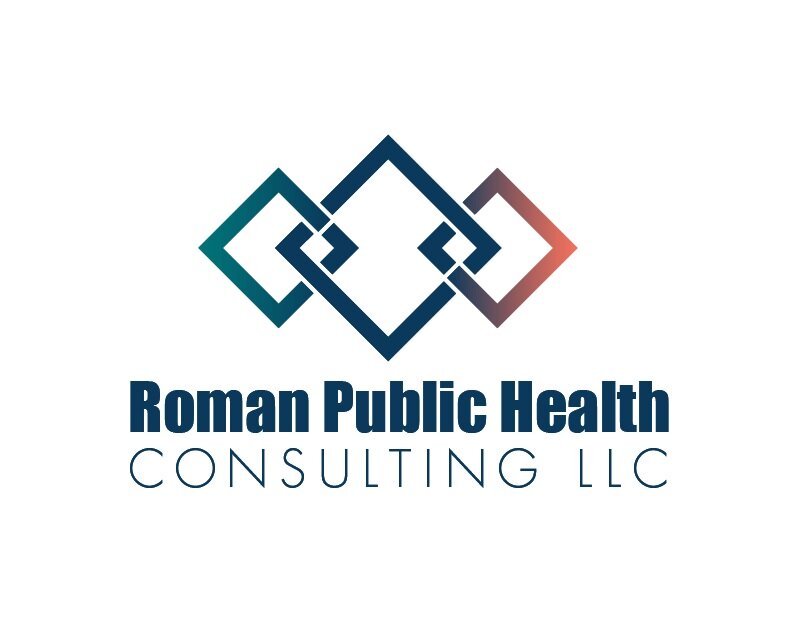The Learning Guild's Connecting Learning to Performance Online Conference: Key E-Learning Takeaways and Resources
One of my favorite professional development investments is my Learning Guild Online Conferences membership. Last week I had the pleasure of attending their Connecting Learning to Performance Online Conference. Since I never want to lose track of the key takeaways and resources from conferences, I’ve started sharing them here on the blog and discussing how they’ll strengthen my consulting work in e-learning instructional design (ID).
Here are two sessions that stood out for me and strongly align with my approach to ID projects:
Session Name: From Training Metrics to Business Results
Presenters: Bob Mosher and Conrad Gottfredson (Apply Synergies)
This session began by introducing the speakers’ mindset and language shift away from “training” to “performance management.” Our work needs to be about our learners sustaining competency on the job.
Yes! I often speak about the importance of focusing on what we want our learners to DO vs. what they need to KNOW. Performance management is all about doing. This can be a hard mindset shift for those public health and health education professionals who have long identified as “trainers”.
They promoted the idea of “workflow learning”, which is embedding learning and support in the workflow to be assessed WHILE doing the work (e.g., using a digital coach).
Yes! An expensive part of traditional training is work stoppage. We see lost productivity when public health professionals are away from their regular duties. Workflow learning can shorten the training time, expand opportunities for learners to transfer their skills to the workplace, and sustain competencies over time. I also really like this idea because it provides “just in time” learning- users can access what they need when they need it while they do the actual work.
Session quote: “At least half the content we see in courses does not need instruction.”
Yes! I have many conversations with clients to determine IF an online course or training is the best solution. A really great resource on this comes from Cathy Moore where she maps out potential root causes of the performance issue and appropriate solutions. For example, sometimes we need a job aid, not a course!
Session Name: Training Is Not Your Problem
Presenter: Pete Premenko (Phronesis Group, LLC)
Let me start by saying that this session had great storytelling! Pete used everyday and fun examples (from a trampoline dare to poorly designed cartons of soup), and it was really engaging!
As instructional designers, we hear a lot about the ADDIE model (Analysis, Design, Development, Implementation, and Evaluation). Pete mentions adding another “D” for “Define” before even jumping into ADDIE. We can define the performance problem in four areas:
Knowledge and Skill (Do they know how to do it?)
Motivation (Do they want to do it?)
System & Process (Do their tools work well?)
Culture (Are they following team norms?)
Yes! Understanding the root cause of the problem both through this definition and thorough needs analysis will help identify the most effective solutions. In general, you cannot train your way out of serious organizational problems (e.g., underfunded, understaffed, toxic leader, etc.)
We also had a great conversation in the session about how these findings can help answer the question: Who else should be involved in the solution? You may need to bring in colleagues outside of your expertise and/or sphere of influence.
To wrap up, I’m excited to use what I learned from the conference to help my clients solve performance problems. I continue to emphasize:
Needs analysis and problem definition are ALWAYS worth the time on the front end!
We must connect our learning initiatives to business goals and metrics (e.g., how we can increase productivity, save money, reduce turnover, etc.)
Often, the performance solution needs to be multi-layered. For example, if we have a knowledge + system problem, we cannot stop at training.
I’d love to hear from you!
Comment below and tell me about a recent professional development opportunity and how you plan to apply what you learned to your work.

